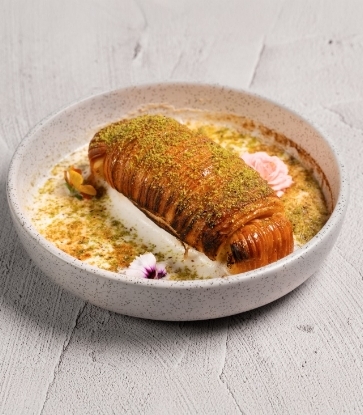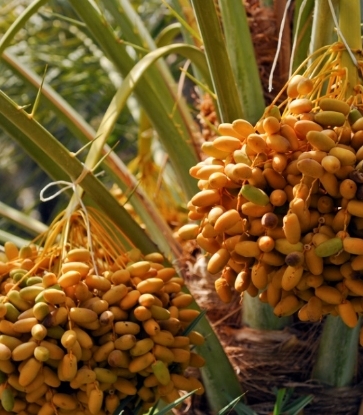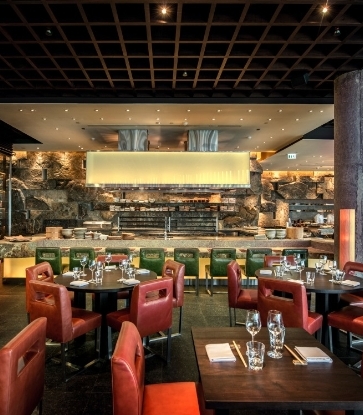With the climate changing drastically, bees have been subjected to a significant decline in their population. Due to multiple environmental changes, such as shifts in temperature and extreme weather affecting their habitats, bees are left without the ability to positively contribute to our ecosystem as they once used to.
These buzzing little creatures play a crucial role in pollination and reproduction of flowering plants, including the crops that we rely on for food. Without them, it would be difficult for us to maintain a healthy biodiversity we need to live as we do now.
Efforts are now being put in place around the world to help protect our favourite honey makers, such as habitat restoration, reducing the use of harmful pesticides, educational programs to raise awareness and supporting beekeepers. In Abu Dhabi, one initiative in support of the bees is currently being carried out by Emirates Palace Mandarin Oriental.

While It’s not common practice for five-star luxury resorts to have a bee farm on the premises, particularly in the Gulf region, yet it is the case for Emirates Palace Mandarin Oriental. “It was established as part of their commitment to sustainability and environmental responsibility,” explains chef Luigi Stinga from one MICHELIN star, Talea by Antonio Guida, “the idea came about as a way to promote biodiversity and support local ecosystems, while also providing a source of fresh honey for the hotel's restaurants and guests.”
The hotel’s way taking care of their bees includes creating an environment with many flowering plants, providing easy access to clean water, using less pesticides and chemicals around their habitat, and sometimes engaging in educational outreach programs to talk about their efforts in saving the bees.
But how does chef Luigi use this initiative to his advantage in his menu?
Mainly, chef Luigi uses the hotel’s honey on items across his menu, such as desserts, salad dressings, marinades and even as a sweetener for various beverages because of its versatile properties. “The honey's unique flavour profile and freshness enhance the taste of dishes,” he explains.
The Italian chef praises its locality as a main contributor to its taste because the honey cultured on the premises “is often characterized by floral notes derived from the diverse array of flowering plants found in the surrounding environment,” which is something the chef knows all too well thanks to his upbringing.

Growing up in the Amalfi Coast, the Italian chef was surrounded by vast and diverse flora thanks to the favourable climate of the region that were key in producing local artisanal honey. Ranging from wildflower honey, citrus blossom honey and chestnut honey were all popular exports from the coastal area. “Local beekeepers take pride in their craft, often using traditional methods passed down through generations to produce exquisite honey with distinctive flavours,” he reminisces.
He also sees the use of local ingredient as a greener way to source foods. “Using locally produced honey also supports the local economy, promotes sustainability by reducing transportation emissions, and preserves biodiversity by supporting local bee populations,” he explains.
While these steps are small, they still contribute to the global effort for a more sustainable living .In using the local honey produced on site, chef Luigi is trying to do his part in honouring the efforts the hotel is putting in place to achieve their commitments to helping the bees, as well as taking greener steps from a gastronomic perspective.














